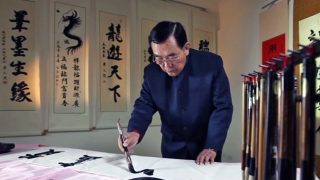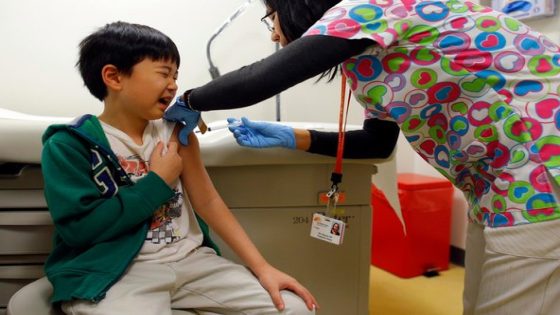Young children are routinely vaccinated against Haemophilus influenza type B, or HiB, a bacterium that can cause meningitis and other serious problems. But the HiB vaccine has an added benefit: It reduces the risk for acute lymphoblastic leukemia, or ALL, the most common childhood cancer, and now scientists know why.
Dr. Markus Müschen, the senior author of a new study published in Nature Immunology, explained that in infants, the immune system is more “nimble” than in older people. If they are exposed to HiB early in life — in day care, for example — their immune response is usually, but not always, well controlled, fighting the bacterium without causing serious illness.
But using a mouse model, Dr. Müschen and his colleagues found that in some cases, HiB triggers a vigorous immune reaction that activates two enzymes. These enzymes can cause mutations in certain types of blood cells, driving them into malignancy. When this happens, children are more likely to develop leukemia when they are 5 to 7 years old.
Dr. Müschen, a professor of medicine at the University of California, San Francisco, said that the effect of the vaccine was a 20 percent reduction in risk for leukemia. “This seems small,” he said. “But it’s highly significant in large populations. Whatever activates the immune system early in life reduces the risk for ALL.”











































